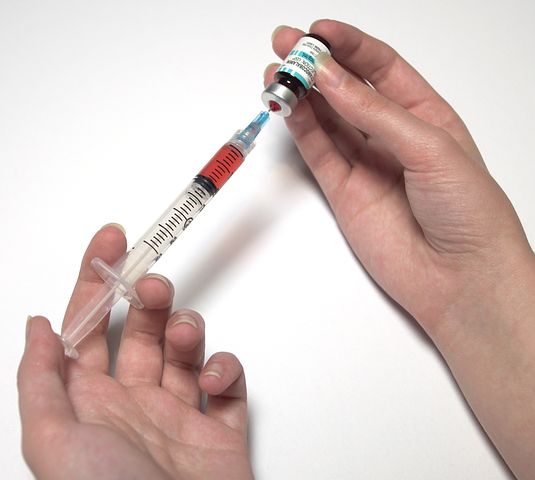The Varying Attributes Of A Holistic Therapist
There is no shortage of alternative medicines present in the world around us, treatments for ailments that affect all aspects of a person. Some experts in their fields like medical doctors focus primarily on the physical properties, a holistic therapist goes beyond the physical and delves into a more abstract yet present aspect of a person.
The constant debate between which treatment is more effective for what has been insulated in the public domain since the dawn of time. While there really is no real answer to what is and isn’t the ‘true’ method of assisting ailments, it doesn’t hurt to know a little bit more before shrouding a shadow over it.
Today we will explore what a holistic therapist does in their treatments and follow up on the debate that circulates the efficacy of the treatments offered by a holistic therapist.
What Does A Holistic Therapist Do?
The main differential that separates a holistic therapist from a general practitioner is the further considerations into the life beyond the physical for a patient. Medical history is of course an aspect, but there are deeper considerations as to the diet, wellbeing, mental state, sleeping patterns, consumption habits and general attitude that all have a believed connection in the eyes of a holistic therapist as to the overall health of a patient.
In short, a holistic therapist focuses on the body, mind and spiritual health of a patient as being interconnected and dependent on one another, therefore basing a treatment that revolves around the general health of all three foundational aspects of the person.
How A Holistic Therapist Approaches Treatment

While a general practitioner focuses heavily on the physical treatment with a hefty number of chemical additions for medications and progressive treatments over a period of time, a holistic therapist will focus on all three of the above-mentioned areas of a patient.
Focusing heavily on the spiritual as a means of balancing the inner turmoil of a person’s spirit which is believed to be a leading cause of illness and disorder. The belief held leads to more alternative treatments offered with aromatherapies, essential oils and acupuncture being put forth as viable alternatives to medicine and straightforward physical therapies.
Spiritual treatments are also heavily focused upon with meditation, yoga and reiki which heavily involves the aligning of energies from the practitioner to the patient.
The Grand Divide
The great debate resides in the denunciation of traditional treatments as being overly medicated and singularly focused on the principal matter rather than alternative methods of consideration. There is credence to be found in the mental stability that a holistic therapist can provide, allowing a less chemically induced treatment to be offered for issues relating to anxiety disorders and stress-related issues that plague many modern-day patients. While it is difficult to disparage the utility of medicine, there are calls that over-reliance on medications have hindered a person’s wellbeing and recovery.
The overall utility of both disciplines of treatment should be considered for the value they contribute to a patient’s overall wellbeing, to say one is correct and the other is not when they both provide a positive outcome for a patient in differing ways is counter-intuitive to say the least.
In the end, if a treatment is helping a patient feel better in physical, mental, and spiritual ways then it is a treatment worth considering. The wellbeing of all aspects of a patient should not be under-estimated and proper care should always be taken when considering treatment in any form. Whether it be a general practitioner, a holistic therapist, or a combination of both, your health should always be a priority.





About The Author: Wanda Martinez
More posts by Wanda Martinez